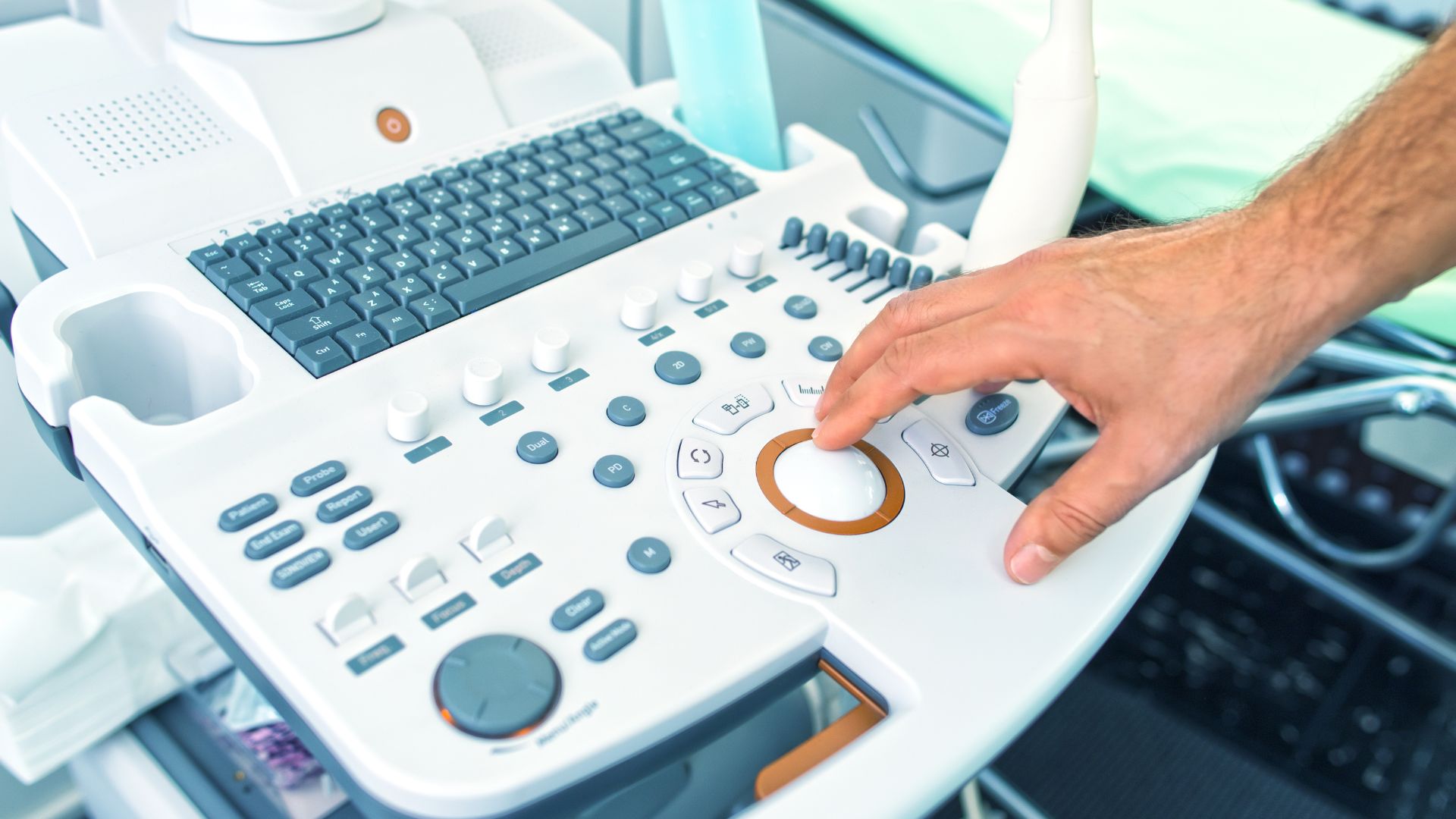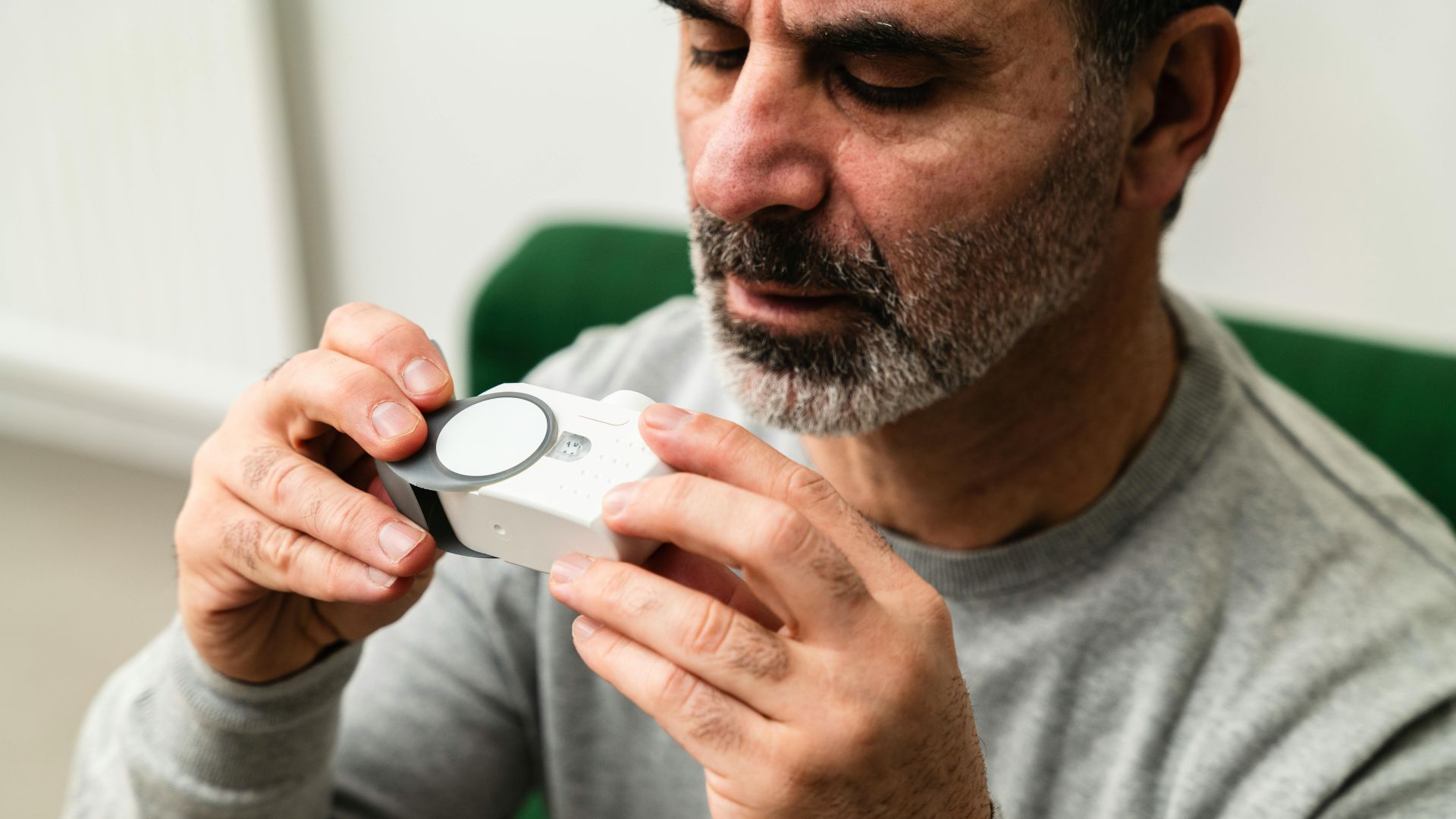Daily disposable contact lenses are one of the fastest-growing segments in the eye care market due to their convenience, hygiene benefits & reduced infection risks. Because they are inserted directly into the eye, they are regulated as Class II or Class III medical devices by the FDA.
Manufacturers must comply with strict FDA requirements—including 510(k) clearance, sterility testing, labeling standards & UDI tracking—to legally market daily disposable lenses in the US. Failure to comply can result in Import Alerts, detentions, fines & enforcement actions.
How the FDA Classifies Daily Disposable Contact Lenses
Understanding classification helps determine the regulatory path:
- Class II (Moderate Risk): Most soft daily disposable lenses fall under this category & require 510(k) clearance to demonstrate equivalence to a predicate device.
- Class III (High Risk): Specialty lenses with therapeutic coatings, drug delivery functions or advanced medical technology require Premarket Approval (PMA) & clinical data.
All daily disposable lenses must be prescribed by a licensed eye care professional. Over-the-counter (OTC) sales are prohibited by the FDA.
Key FDA Compliance Requirements for Daily Disposable Contact Lenses
To legally market lenses in the US, manufacturers must:
- Establishment Registration: Register annually with the FDA.
- Medical Device Listing: List each lens product with the FDA.
- 510(k) Clearance or PMA: Secure the appropriate premarket approval pathway based on device classification.
- UDI Compliance: Apply Unique Device Identifiers to all packaging.
- Sterility & Biocompatibility Testing: Follow ISO 10993 for cytotoxicity, irritation & microbial safety.
- Labeling & Advertising Compliance: Ensure packaging & marketing claims meet FDA standards.
- Import Alert Prevention: Foreign manufacturers must comply fully to avoid shipment detentions.
Common Compliance Challenges & Solutions
Even experienced manufacturers face delays when overlooking critical FDA requirements:
Case Study: 510(k) Clearance Delayed Due to Incomplete Testing
A lens manufacturer submitted a 510(k) but failed to include full biocompatibility results. The FDA required:
- Additional cytotoxicity & sterility testing.
- Resubmission with complete safety data.
- A six-month delay in market entry.
Case Study: Import Detention for Missing UDI Labels
A foreign manufacturer shipped lenses without UDI-compliant packaging. As a result:
- Packaging had to be redesigned.
- Device listings updated with UDI tracking.
- Regulatory consultants engaged to resolve detentions.
Regulatory Considerations for Daily Disposable Contact Lenses
Important compliance factors include:
- FDA User Fees: Annual fees apply; Small Business Fee Assistance may be available.
- Import Alerts: Repeat noncompliance can result in shipment holds.
- Certificate to Foreign Government (CFG): Required for exporting FDA-approved lenses.
- Health Canada Licensing: Expansion into Canada may require an MDEL.
How to Avoid FDA Compliance Pitfalls
- Ensure Proper Classification & Clearance – Secure 510(k) or PMA before entering the US market.
- Enforce Prescription Requirements – Only sell lenses with a valid prescription.
- Comply with UDI Requirements – Ensure all packaging includes traceable identifiers.
- Maintain Accurate Labeling – Avoid misleading claims & ensure labeling meets FDA requirements.
- Partner with Regulatory Experts – Working with experts helps prevent delays & ensures smooth market entry.
Advancing Vision Through Regulatory Precision
Daily disposable contact lenses offer substantial consumer benefits, but without proper FDA compliance, they pose regulatory risks. Manufacturers who prioritize accurate classification, complete testing, UDI compliance & professional support reduce risk & accelerate time to market.
Registrar Corp helps manufacturers navigate FDA requirements, avoid delays & bring compliant products to US consumers confidently.








